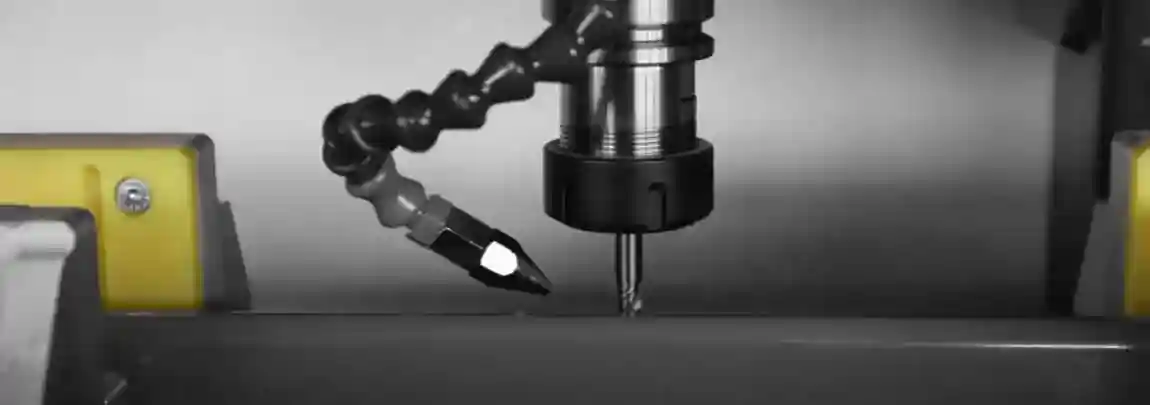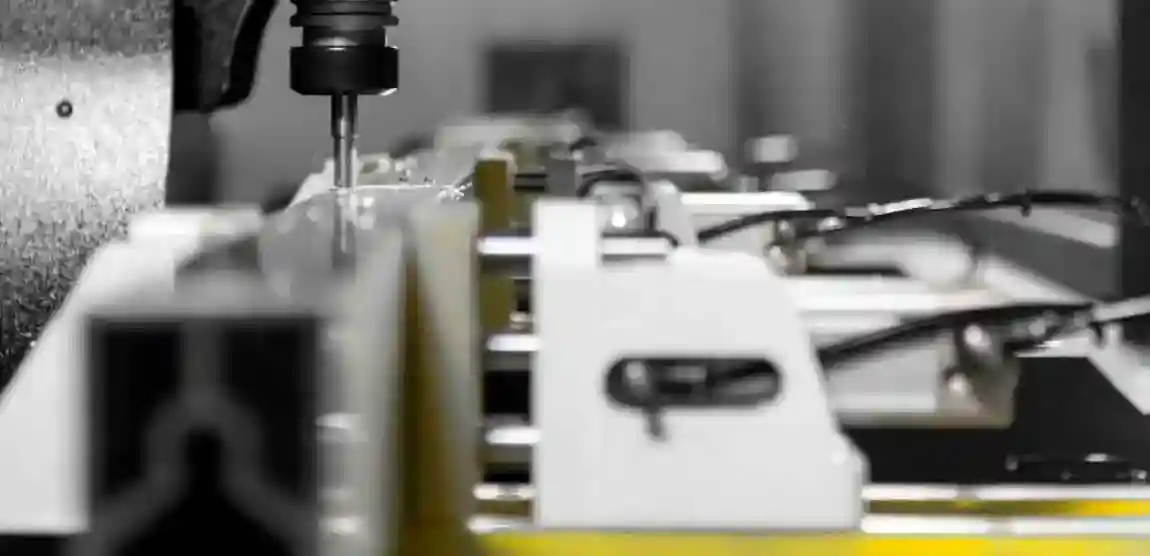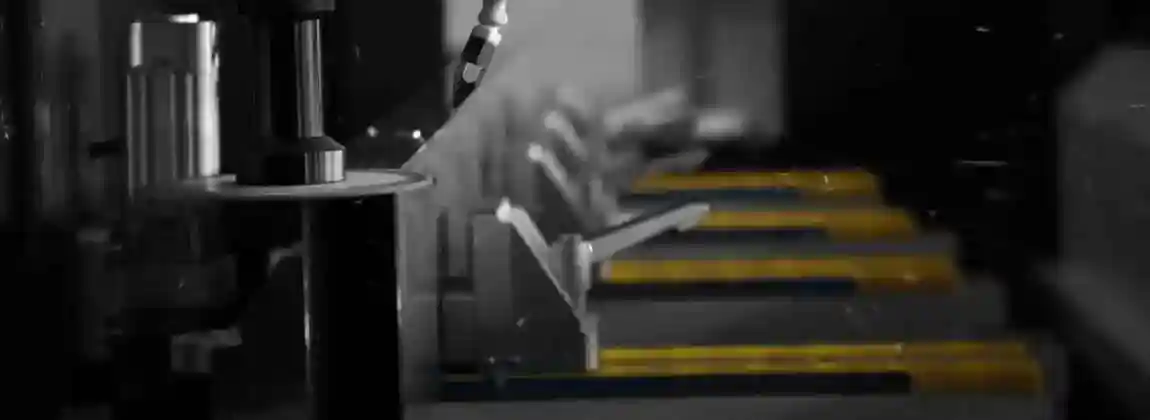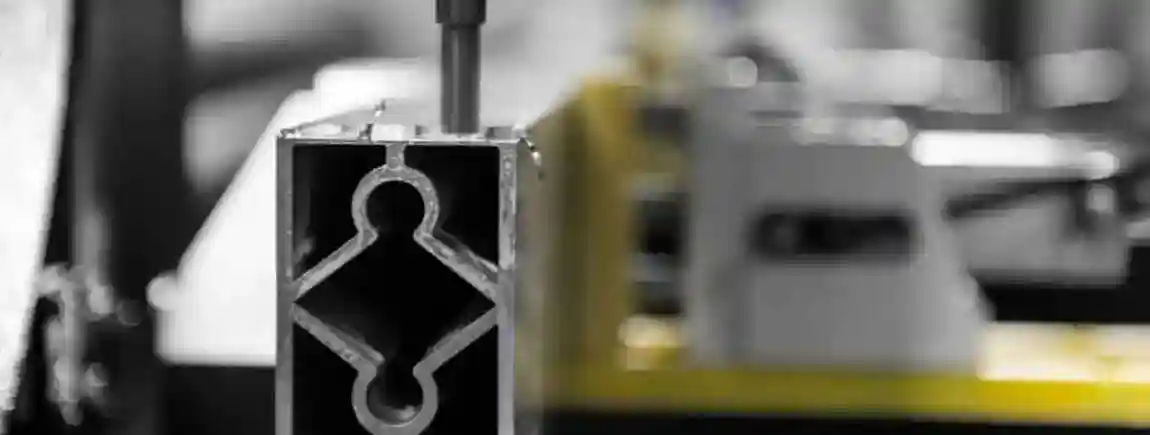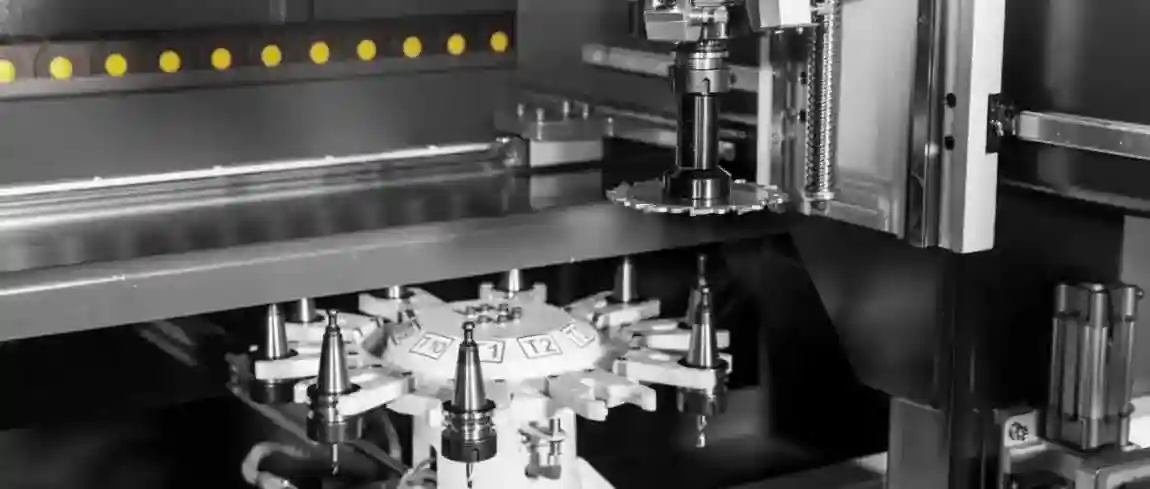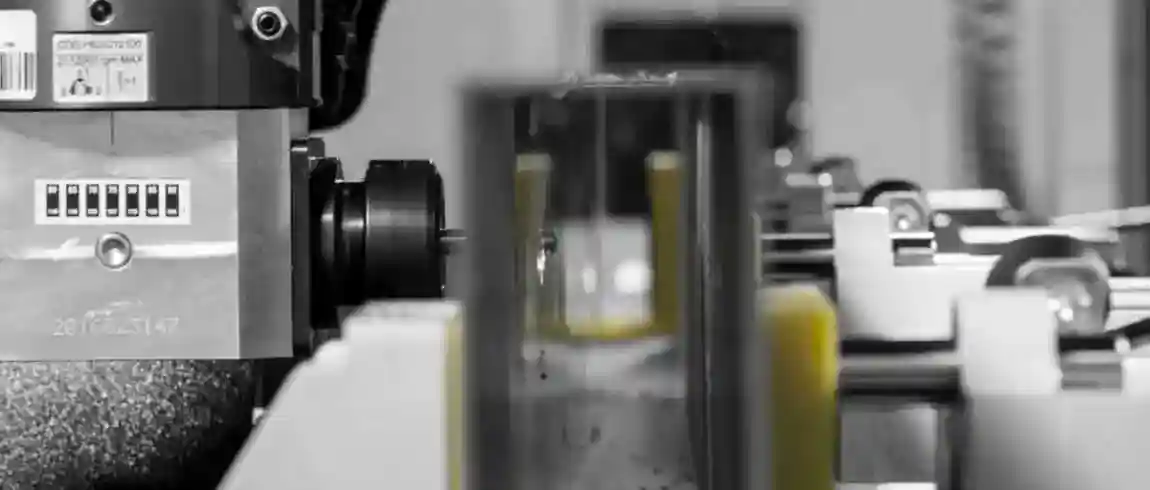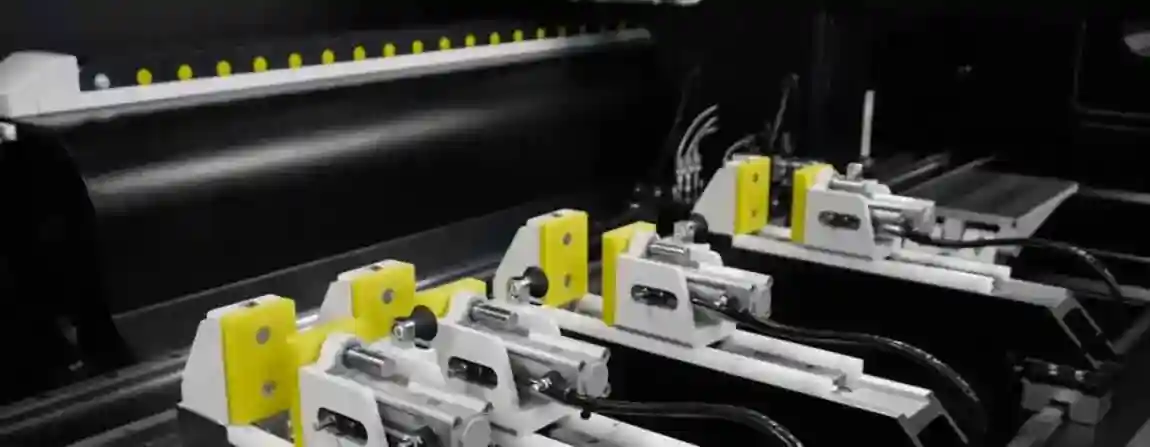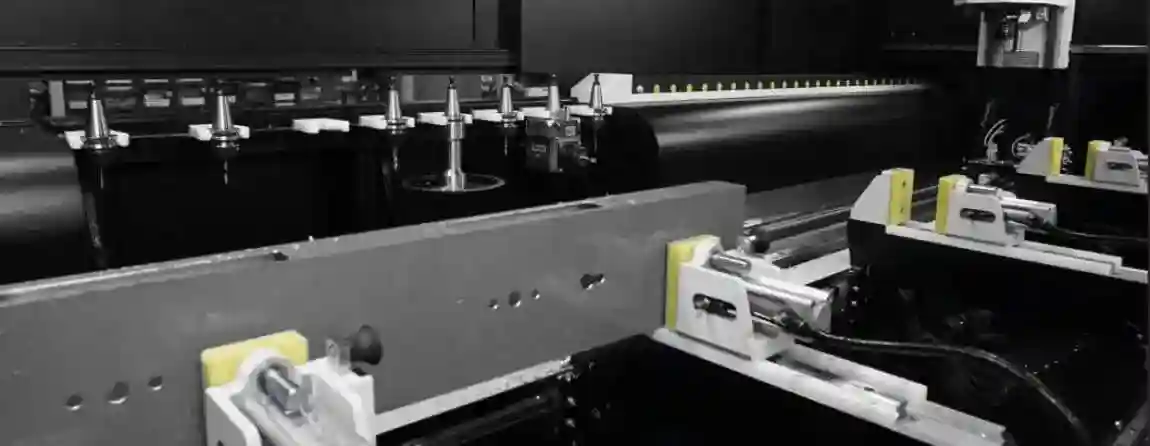-

Company
Product
ALUMINIUM MACHINES
PORTABLE MITER SAWS FOR ALUMINUM
PORTABLE COPY ROUTER MACHINES FOR ALUMINIUM
PORTABLE END MILLING MACHINES FOR ALUMINIUM
AUTOMATIC MITER SAWS FOR ALUMINIUM
COPY ROUTER MACHINES FOR ALUMINIUM
END MILLING MACHINES FOR ALUMINIUM
ALUMINUM CORNER CRIMPING MACHINE
DOUBLE MITRE SAWS FOR ALUMINIUM
AUTOMATIC SAWS FOR ALUMINIUM
BAR PROCESSING CENTERS
MACHINING CENTERS FOR ALUMINIUM COMPOSITE PANELS
NOTCHING SAWS
WEDGE CUTTING SAWS AND NOTCH CUTTING SAWS
MITER SAWS FOR ALUMINIUM
PVC PLASTIC MACHINES
PORTABLE MITER SAWS FOR PLASTIC
PORTABLE COPY ROUTER MACHINES FOR PLASTIC
PORTABLE END MILLING MACHINES FOR PLASTIC
MITER SAWS FOR PLASTIC
COPY ROUTERS FOR PLASTIC
END MILLING MACHINES FOR PLASTIC
WELDING MACHINES FOR PLASTIC
CORNER CLEANING MACHINES FOR PLASTIC PROFILES
DOUBLE MITRE SAWS FOR PLASTIC
BAR PROCESSING CENTERS
GLAZING BEAD SAWS
AUTOMATIC MITRE SAWS FOR PLASTIC
METAL MACHINES
MANUAL METAL SHEET BENDING MACHINE
MANUAL BENDING MACHINES
HYDRAULIC BENDING MACHINES
NON MANDREL BENDERS
PLATE BENDING MACHINES
BORDERING AND TRIMMING MACHINES
HORIZONTAL PRESSES
BELT GRINDING MACHINES
PIPE NOTCHING MACHINES
PIPE POLISHING MACHINES
LASER CUTTING MACHINES
PRESS BRAKES
VERTICAL TURNING CENTERS
MACHINING CENTERS
WOOD MACHINES
GLASS MACHINES
ROBOTICS SPECIAL MACHINERY
Service
Blog
Contact
Blog
- Home
- Blog
- BAR MACHINING CENTER
- PROFILE MACHINING CENTER
PROFILE MACHINING CENTER
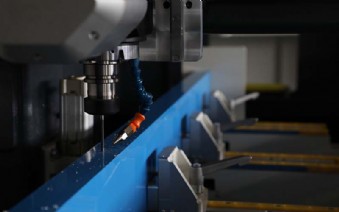
Profile Machining Center: A Comprehensive Guide
A profile machining center is a specialized machine designed for machining profiles and extruded workpieces. These machines can perform various machining operations such as milling, drilling, threading, and cutting. Profile machining centers are commonly used in the metal and plastic industries to produce precise and complex parts with high efficiency and repeatability.
History and Development
The development of profile machining centers began with the need for more efficient and precise methods for machining profiles and extruded workpieces. Initially, these operations were performed manually, which was time-consuming and prone to errors. With the advent of Computer Numerical Control (CNC) technology in the 1970s, it became possible to automate and optimize machining processes. Modern profile machining centers use advanced CNC controls to perform complex machining processes with high accuracy and repeatability.
Structure and Functionality
A profile machining center consists of several main components, including the machine base, the working spindle, the tool changer, the clamping system, and the CNC control.
Machine Base: The machine base forms the foundation of the profile machining center, providing stability and precision during machining. It is typically made of cast iron or steel to minimize vibrations and ensure structural integrity.
Working Spindle: The working spindle is the heart of the profile machining center. It rotates the tool at high speeds, enabling precise machining. Modern machines feature spindles with variable speeds and high power capabilities to handle a variety of materials.
Tool Changer: The tool changer allows for the quick and automatic exchange of tools during the machining process. This significantly increases the machine's efficiency and productivity by eliminating the need for manual interventions.
Clamping System: The clamping system securely holds the workpiece in place during machining. Various clamping systems, including mechanical, hydraulic, and pneumatic clamps, are used depending on the requirements and material of the workpiece.
CNC Control: The CNC control is the brain of the profile machining center. It controls all movements and functions of the machine based on a pre-programmed machining plan. Modern CNC controls are highly precise and allow for the execution of complex machining operations with high accuracy.
Applications and Benefits
Profile machining centers are used in a variety of industries, including the automotive, aerospace, construction, and furniture industries. They offer numerous benefits, including:
High Precision: Profile machining centers enable the production of parts with high accuracy and repeatability, enhancing the quality and reliability of end products.
Increased Productivity: Thanks to automation and the ability to perform multiple machining operations in a single pass, profile machining centers can significantly reduce production times.
Flexibility: These machines are highly versatile and can machine a variety of materials and profiles, from aluminum and steel to plastics and composites.
Cost Efficiency: By reducing manual interventions and optimizing machining processes, companies can lower production costs and increase profitability.
Future Prospects and Innovations
The future of profile machining centers will be shaped by continuous technological innovations. Some of the most promising developments include:
Advanced Automation: The use of robots and advanced automation technologies will further enhance the efficiency and flexibility of profile machining centers.
Artificial Intelligence (AI): AI-driven systems will optimize machining processes by analyzing real-time data and developing adaptive machining strategies.
Connected Manufacturing: Integrating profile machining centers into connected manufacturing environments (Industry 4.0) will improve transparency and control over production processes.
Additive Manufacturing: Combining additive and subtractive manufacturing technologies will offer new possibilities for producing complex and customized parts.
Conclusion
Profile machining centers are indispensable tools in modern manufacturing, enabling companies to produce high-quality and precise parts efficiently and cost-effectively. With continuous technological advancements and innovations, the importance of these machines in the industry will continue to grow.
- profile machining center
- profile machining center applications
- profile machining center benefits
- profile machining center history
- profile machining center structure
- profile machining center functionality
- profile machining center future
- profile machining center automation
- profile machining center AI
- profile machining center connected manufacturing
- profile machining center additive manufacturing
- profile machining center precision
- profile machining center flexibility
- profile machining center productivity
- profile machining center cost efficiency
- profile machining center CNC control
- profile machining center tool changer
- profile machining center clamping system
- profile machining center working spindle
- profile machining center machine base
- profile machining center metalworking
- profile machining center plastic machining
- profile machining center Industry 4.0
- profile machining center future prospects
- profile machining center innovations
- profile machining center robotics
- profile machining center automotive industry
- profile machining center aerospace industry
- profile machining center construction industry
- profile machining center furniture manufacturing
 GERMANY
GERMANY ENGLISH
ENGLISH FRANCE
FRANCE SPAIN
SPAIN PORTUGAL
PORTUGAL

